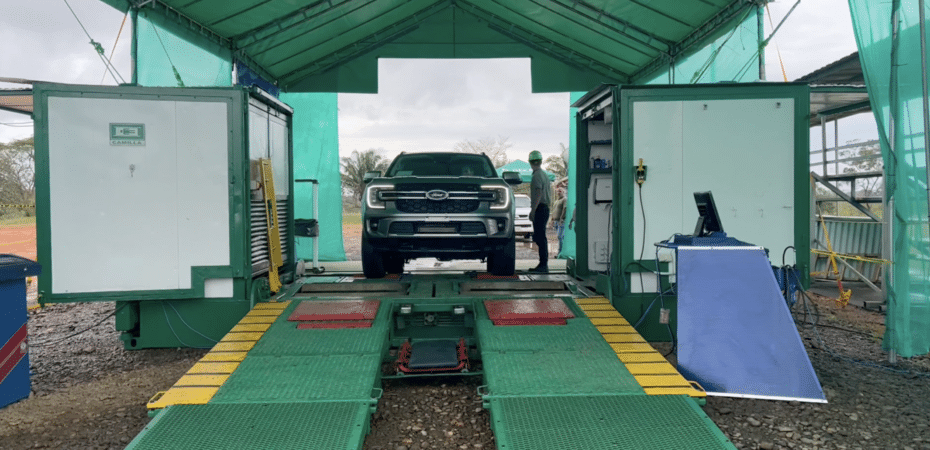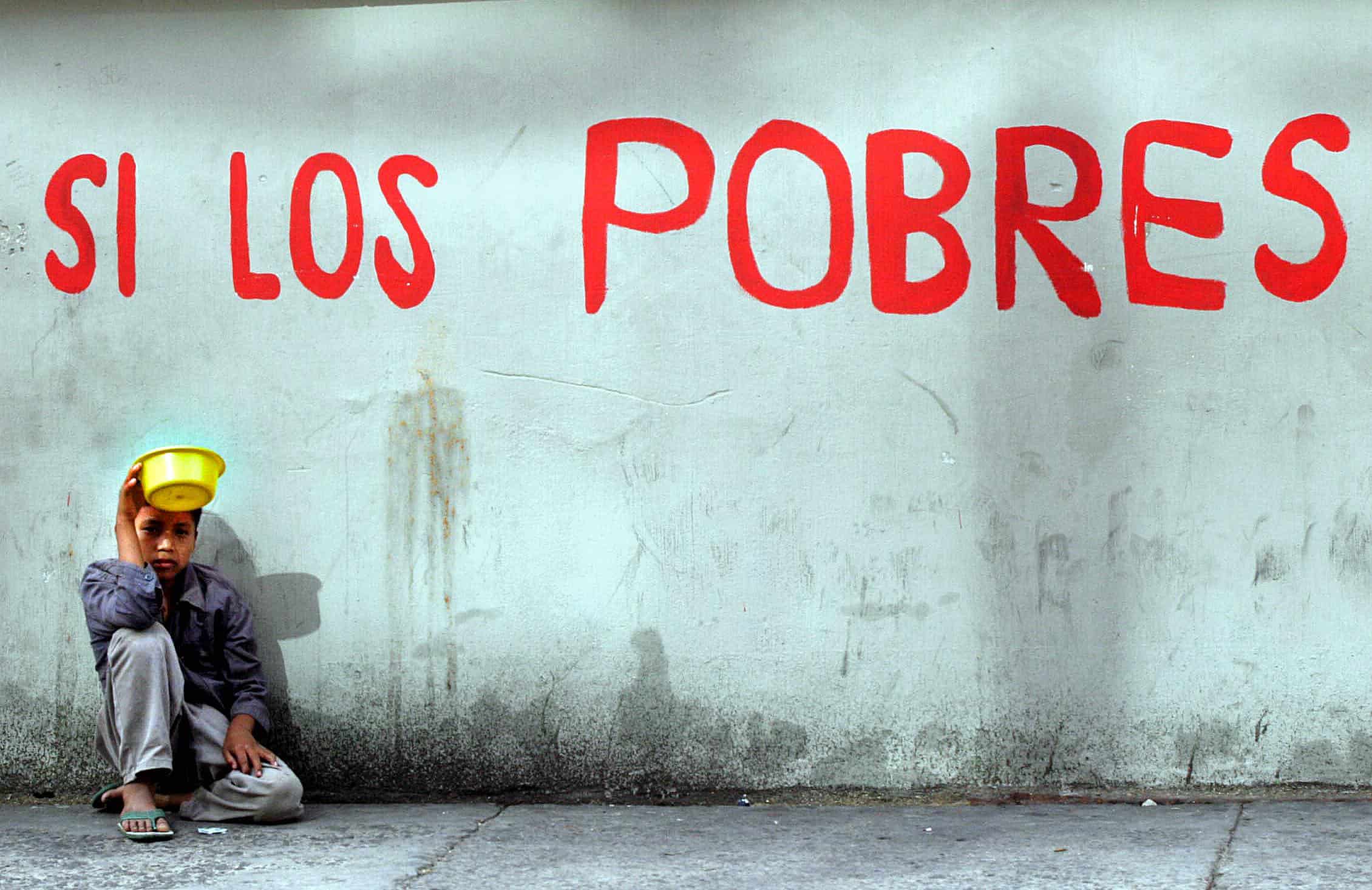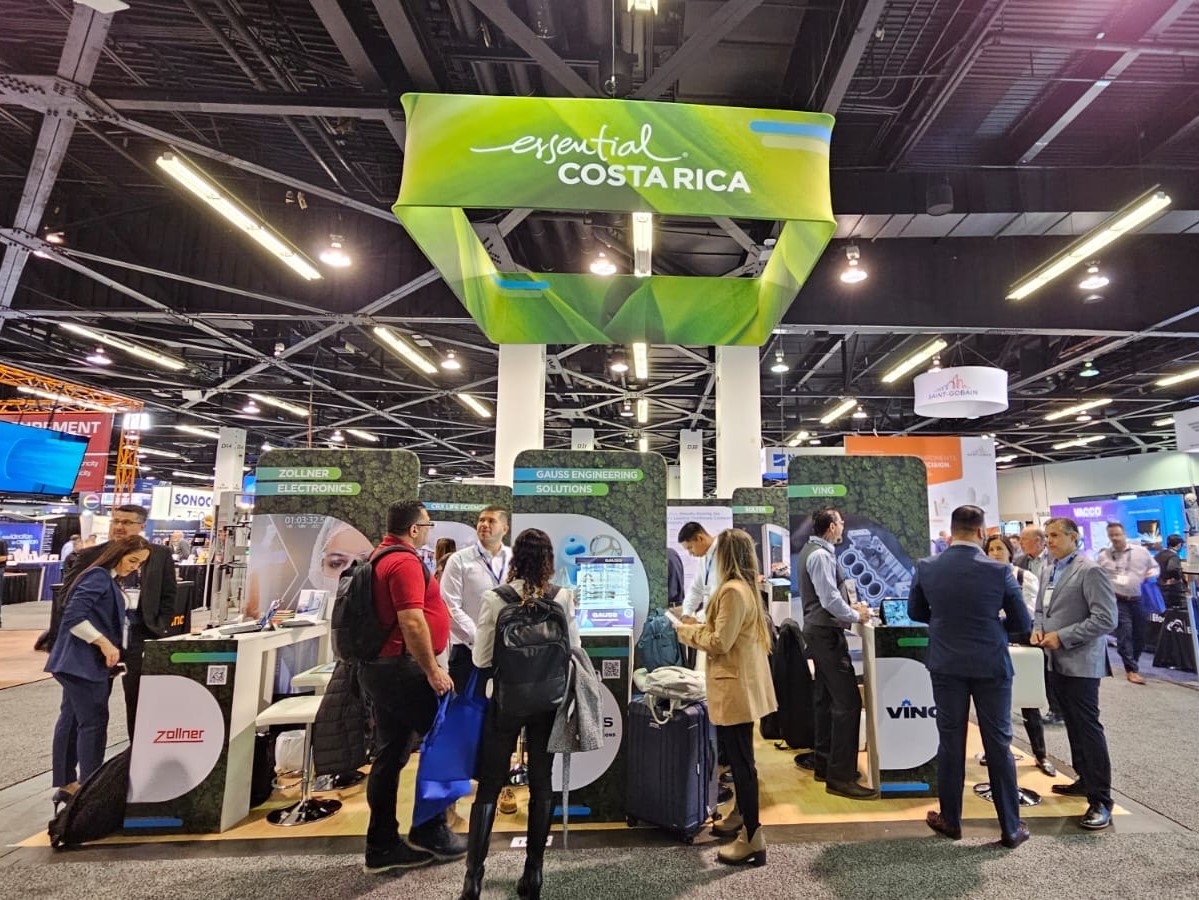QCOSTARICA — The Ministry of Justice (Ministerio de Justicia y Paz) proposes a reform to the National Penitentiary System Law (Ley del Sistema Penitenciario Nacional) so that prisoners must work.
“Costa Rica does not have a law for the penitentiary system, we have been working by regulations, and that creates disorder,” said Gerald Campos, Minister of Justice.
He assured that this would allow the Ministry of Justice to define legally how prisoners could study and work, even with the support of the ‘Estrategia Brete’.
– Advertisement –
“We did a profiling and determined that there were at least 1,500 people with a very low profile who, if we motivated them to study and offered them an opportunity, would go straight out of prison to a job,” he added.
A total of 5,423 inmates perform various types of occupational activities within penitentiary centers and 50% do so for a financial incentive, earning a biweekly salary, who carry out tasks such as maintenance, cooking, cleaning and decorating green areas, and miscellaneous work in collective or administrative areas, according to data from Justice.
In addition, 334 work on agro-industrial projects such as furniture manufacturing, planting vegetables, producing eggs, and making bread, among other activities.
Another group of 74 work for private companies from prisons creating various types of products.
The other half of the working population does not receive monetary incentives, but remains busy as part of their social reintegration process.
Campos indicated that so far the system only offers the possibility of providing this option within the penal centers. “The truth is that companies have a social responsibility and they have to start opening their doors to the people we tell them to,” he said.
– Advertisement –
One of the criteria for choosing candidates is that dangerous prisoners or those who have been convicted of violent crimes cannot participate.
More opportunities
Although 5,423 people are employed in prisons, there is a group of 12,000 who do not perform any type of work.
For the Asociación Ayudando al Privado de Libertad y sus Familias, all prisoners should have the opportunity to work and receive an economic incentive.
– Advertisement –
Rafael Ángel García, an activist of that organization, explained that the economic incentive that prisoners receive, biweekly from the State, is between ¢10,000 and ¢20,000, according to the type of activity.
“Unfortunately, (Costa Rica’s) penitentiary system is primitive, it does not have the capacity to care for and give work to 17,000 prisoners. We understand that the profiles are not taken into account, but the sentence,” he explained.
He also affirms that the State must give a better response for the rehabilitation of this population and one way to do so is by providing them with job opportunities.
“It is the State that is in charge of rehabilitating them, returning them to society as new people, but this has not happened for more than 40 years. When they regain their freedom, they leave the same way they entered,” he added.
Another limitation is that there are not enough economic resources to pay better or for more prisoners to participate in these job reintegration programs. The prison authorities reported that as part of this process, a group of 5,644 completed their academic training in 2024, of which 1,705 correspond to primary, 3,065 to secondary and 755 to university.
Of those who completed university studies, 15 did so through the State University at a Distance (UNED) in Health Services Administration, Business Administration, Banking and Finance, and Business Management.
– Advertisement –
Source link
Rico



